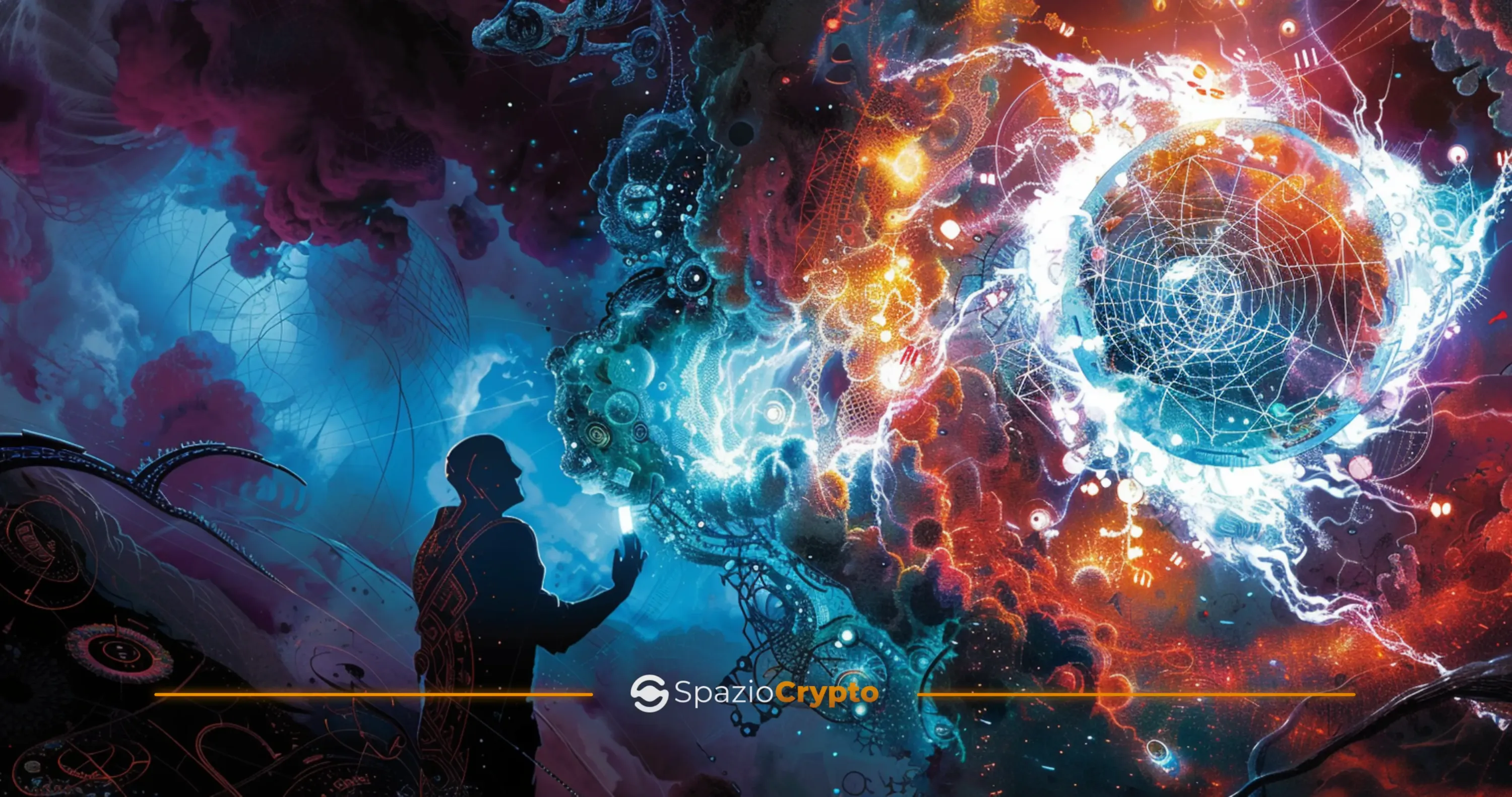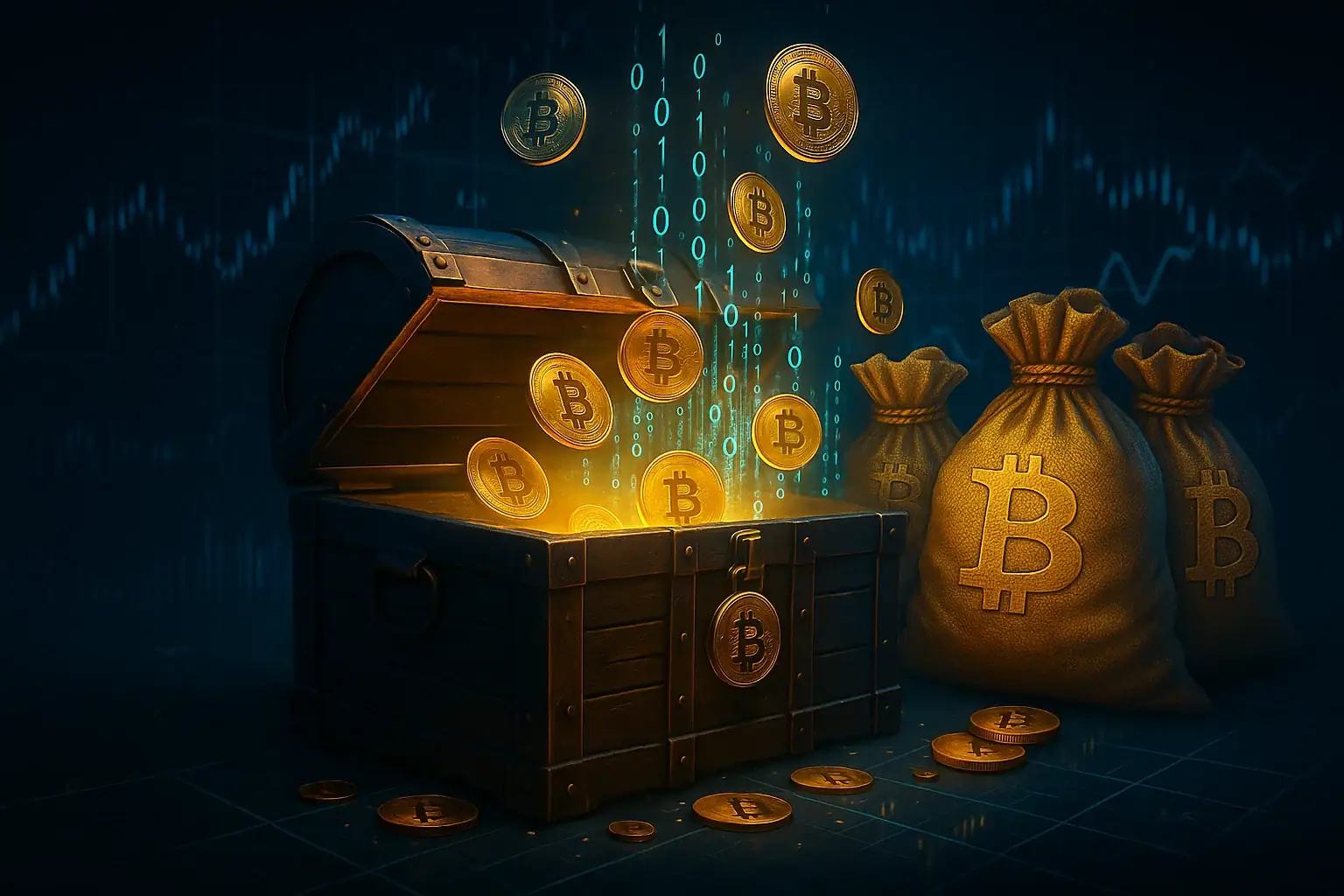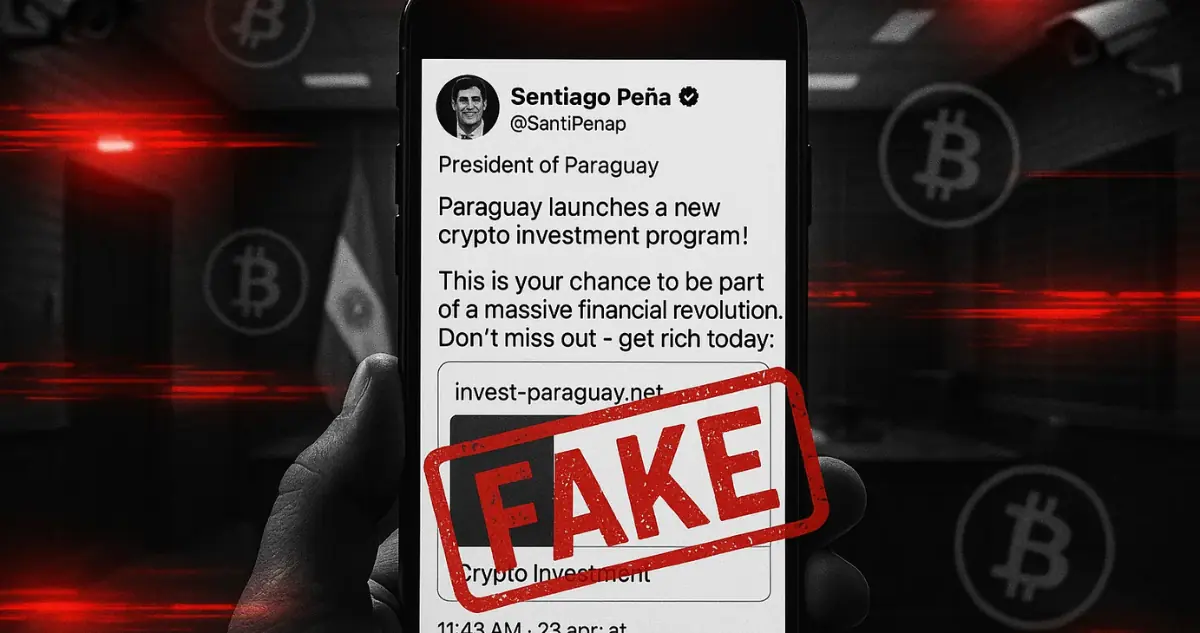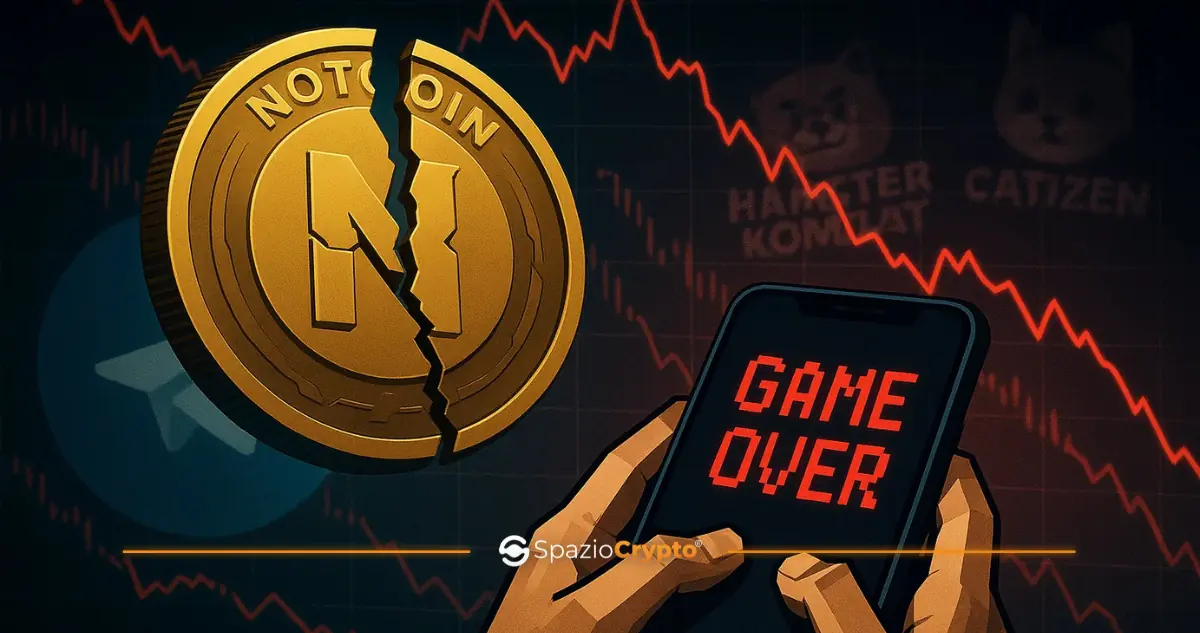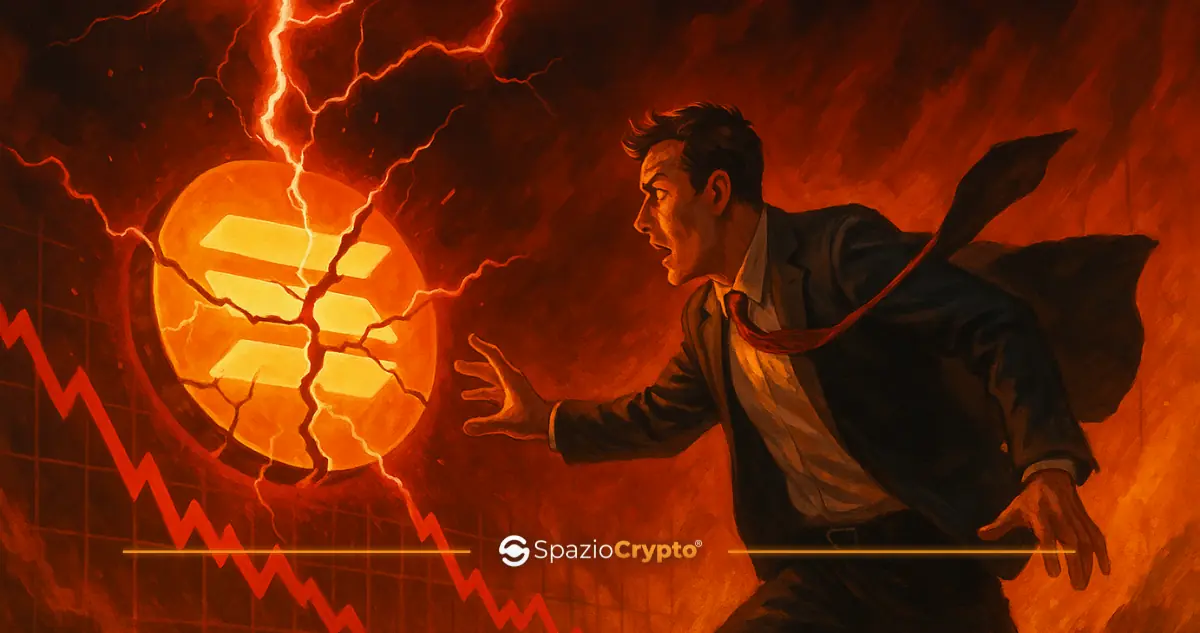Ultron is a project by Mavie that has been talked about for about a year. The marketing of the product was effective, right from the start, although the little clarity as to how it could generate the passive income it advertised made many savvy investors suspicious. Is this just a fraud or are we dealing with a true pyramid scheme and scam that we need to keep away from?
Ultron: What is it?
A quick search on Google for Ultron reveals the following definition:
"Ultron is the world's first tier 1 blockchain with native APPs. Ultron owns the governance COIN, listed on Coinmarketcap, as opposed to many other projects that develop tokens on an existing blockchain whose value is simply determined by market exchanges."
A Dapp is a decentralised application, usually, but not necessarily,provided to a company or startup-type entity. For individual users, Ultron instead offers a world-wide ecosystem entirely dedicated to football and localised on the metaverse. Developed in collaboration with Devla, this gives those who wish to do so the opportunity to become a player and play tournaments with real cash prizes. Mavie's goal is to reach tens of millions of people through affiliate programmes.
Neither of these two products has been particularly successful in the market, because the company immediately aroused suspicion.
The Technology of Ultron a Project that has all the traits of the pyramid scheme
Mavie promised a blockchain with fast and convenient transaction handling. To achieve this, it adopted the consensus mechanism dubbed proof-of-stake, which provides greater speed and, often, more convenience than the proof-of-work on which Bitcoin is based, in exchange for less centralisation. BTC is the standard of trustworthiness in the crypto world and anything that deviates from its model may appear less trustworthy.
Ultron envisages the use of a decentralised exchange to exchange tokens in P2P mode and establish relationships with other blockchains. Mavie and Ultron were launched in 2022, about a month apart. To publicise the blockchain, a multi level marketing plan was adopted, which is banned in Italy because it is typically associated with Ponzi pyramid schemes. Thus, we have a not completely transparent technology and two suspicious corporate foundations.
The cryptocurrency sector, which well resembles the OneCoin affair, is particularly sensitive to the issue and, from the launch of Ultron to the present day, there have been article after article discouraging users from trusting the company.
In the names of the involved the suspects of the pyramid scheme
There is no irrefutable evidence that Ultron is a pyramid scheme. The suspicion is legitimate, however, since the hints are all there and, behind the scheme, we find figures who are anything but reliable. The website Decripto.org carried out an investigation into the entire team of Mavie, a company based in the Virgin Islands, a well-known tax haven, and made up of people residing in Dubai.
The team consists of Michal Prazenica, who has already been involved in scams such as the Xaurum token (which in 2016, as soon as it reached $1,000, saw its value reset to zero in an instant) and the CoinSpace service; Klemen Nicoletti, a Slovenian investor, if you want to call him that, who is under investigation by financial regulators for pyramid schemes; Alex Arnold, a cream salesman for Jeunesse Global who is certainly no financial guru; and Vitaly Dubinin, a convention organiser for PLCultima, a pyramid scheme promising 650% guaranteed annual interest. In short, this is a team in which we find opaque figures, if not worse.
Pyramid Scheme or No... let's stay away from it!
While it is true that we must hold the Maive company innocent until proven guilty, it is equally true that it is not clear why we should put our trust in a scheme with technical unknowns and promoted by already convicted scammers and salesmen of beauty products for aggressive companies.
The world of cryptocurrencies is often the target of self-styled scammers intent on taking advantage of the naivety of novice investors who may be fascinated by crypto but lack proper financial training. Of course, everyone is free to invest as they wish, always keeping in mind that this is an activity in which risk is part of the game. What we recommend, as always, is to do thorough research before tying capital to decentralised finance projects: we always carefully assess who our interlocutor is. If we do not trust them, we steer clear. Perhaps we will lose a profitable investment, but perhaps, and more likely, we will avoid putting our money in the hands of ill-intentioned people.


